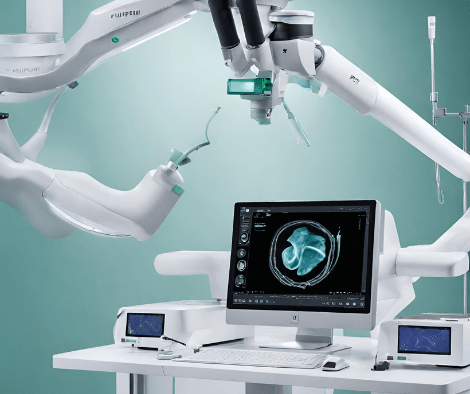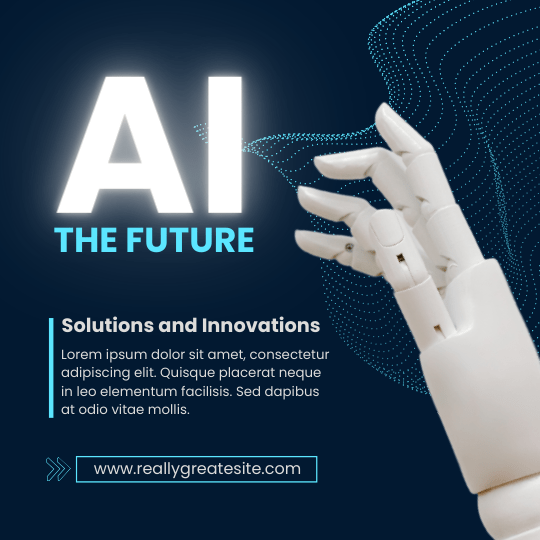
Fujifilm has secured FDA clearance for its AI-powered endoscopy system, CAD Eye, marking a significant development in the field of gastrointestinal (GI) diagnostics. This innovative technology positions Fujifilm as a potential competitor to Medtronic’s established GI Genius system, both designed to aid endoscopists in detecting precancerous lesions during colonoscopies.
Key Points:
- Fujifilm’s CAD Eye:
- Utilizes deep learning technology to analyze real-time endoscopic images.
- Highlights suspicious polyps through visual and auditory alerts for endoscopists.
- Focuses on detecting flat lesions, those at corners, and multiple lesions in a single frame, which can be challenging to identify.
- Competition:
- Enters a market currently dominated by Medtronic’s GI Genius, another AI-powered polyp detection system.
- Offers differentiation through additional features:
- Compatibility with both white light and Linked Color Imaging (LCI) for enhanced mucosal visualization.
- Integration with existing Eluxeo endoscopic imaging system.
- Benefits:
- Improved polyp detection rates, potentially leading to earlier cancer diagnoses and treatment.
- Enhanced efficiency for endoscopists during procedures.
Looking Ahead:
- Fujifilm plans to launch CAD Eye commercially this spring after a limited market evaluation.
- This development signifies the growing role of AI in medical technology, particularly in aiding early and accurate diagnoses.
- The competition between Fujifilm and Medtronic is likely to benefit healthcare professionals and patients by driving further innovation in AI-powered endoscopy solutions.

Fujifilm Milestone:
Fujifilm, the renowned Japanese multinational conglomerate, has achieved a significant milestone in the field of medical technology with the approval of its AI-powered endoscopy technology by the U.S. Food and Drug Administration (FDA). This development potentially positions Fujifilm to challenge the dominance of Medtronic’s GI Genius in the realm of gastrointestinal (GI) diagnostics.
The FDA’s approval of Fujifilm’s AI-powered endoscopy technology underscores the growing recognition and adoption of artificial intelligence in the medical field, particularly in enhancing diagnostic capabilities. Endoscopy plays a crucial role in the detection and diagnosis of various GI conditions, including colorectal cancer, ulcers, and inflammatory bowel diseases. By leveraging AI algorithms, Fujifilm’s technology aims to improve the accuracy and efficiency of endoscopic examinations, leading to earlier detection of abnormalities and better patient outcomes.
Read this also👇
The Road Ahead: Challenges and Opportunities for Fujifilm’s CAD Eye
While Fujifilm’s CAD Eye marks a significant step forward, there are still challenges to overcome and opportunities to explore:
Challenges:
- Cost-Effectiveness: Integrating AI technology into the endoscopy workflow can be expensive. Fujifilm needs to ensure CAD Eye is cost-effective for healthcare institutions.
- Data Bias: AI algorithms are trained on large datasets. Biases within this data can lead to inaccurate results for certain patient demographics. Addressing and mitigating data bias is crucial for fair and reliable performance.
- Reimbursement: Clear reimbursement pathways for AI-powered diagnostics are still evolving. Fujifilm needs to work with healthcare providers and insurance companies to ensure proper reimbursement for using CAD Eye.
- Physician Adoption: Encouraging widespread adoption of a new technology requires training and education for endoscopists. Fujifilm needs to provide comprehensive training programs to ensure physicians understand and feel comfortable using CAD Eye.
Opportunities:
- Integration with Other Technologies: There’s potential to integrate CAD Eye with other technologies, such as computer-aided polyp characterization tools. This could provide a more complete picture for diagnosis and treatment planning.
- Expansion to Other Applications: The underlying AI technology behind CAD Eye could be adapted for use in other types of endoscopy procedures, beyond colonoscopies.
- Personalization: Future iterations of CAD Eye could be personalized based on individual patient data, potentially improving accuracy and efficiency further.

Impact on Medtronic and the Market:
- Competition: Medtronic will likely face increased competition with the arrival of CAD Eye. This could lead to price reductions, improved features, and faster innovation in the AI-powered endoscopy space.
- Standardization: As more companies enter the market, there’s a need for standardization of AI algorithms and data formats used in endoscopy. This will ensure compatibility and interoperability between different systems.

